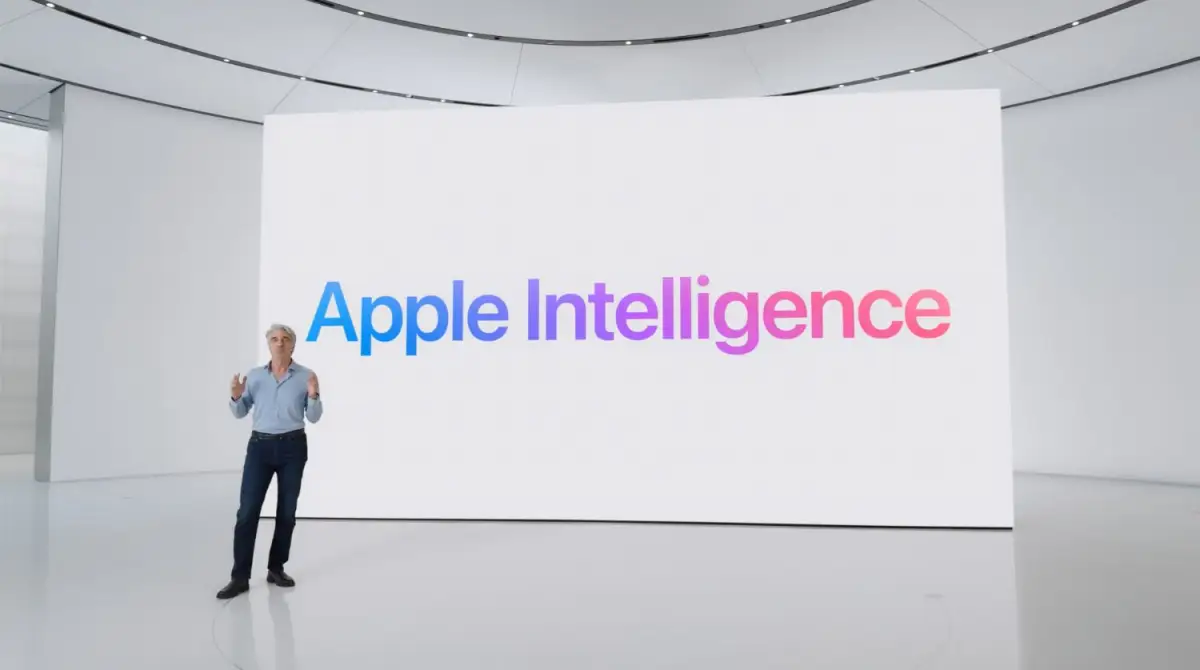Apple is set to diversify its revenues with Apple Intelligence, an array of AI tools launched at the recent WWDC 2024 conference. This new initiative consists of additions like the intelligent assistant Siri, Writing Tools integrated into all applications, and an Image Playground for creative image manipulation. One will remain ad-supported but with basic functionality, while to get all the actual AI capabilities on your iPhone, iPad, or Mac, you would have to subscribe to something like Apple Intelligence+.
Apple Intelligence+
This will be like all the other Apple “plus” services and will make sure that Apple can deal with the new trend of users waiting longer than before to upgrade their devices. Apple is said to be working on the first version of Apple Intelligence which should be launched first on iPhone 15 Pro and iPhone 15 Pro Max, and such a move is expected to be followed by other AI-related advancements in the future.
Apple could thus continue stimulating its revenues increment faster than consumers upgrade their devices by offering software-based AI services. OpenAI’s reported deal with the tech giant is also said to share the percentage of subscription earnings that the AI firm draws from Apple users. Such clauses might be inserted in other speculated AI collaboration agreements with Google and Anthropic.
Furthermore, Apple will obtain a share of subscription earnings from every AI partner it incorporates into its gadgets like how it receives a share of App Store subscriptions, in a move that may irk the EU.
Apple is against the reports and speculations
Still, some have anticipated that the AI features will attract premium charges, but Apple has been clear that the features will be provided at no additional cost to owners of appropriate devices. Notably, the initial distribution of Apple intelligence will be limited to the iPhone 15 Pro and the iPhone 15 Pro Max only. These AI features may be supported in older devices via Private Cloud Compute, the company’s cloud servers to perform AI computing, which was also unveiled at WWDC this year.

